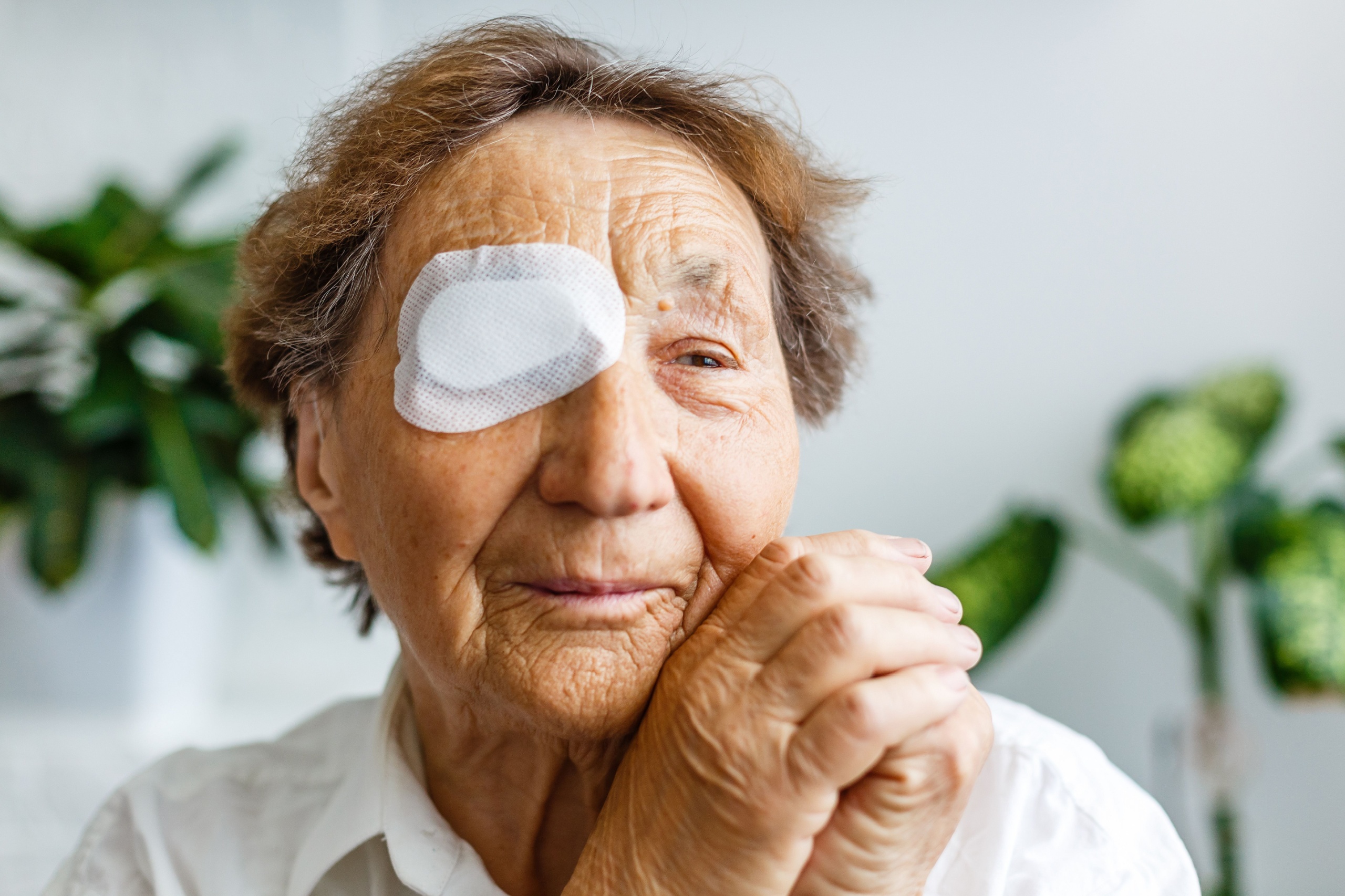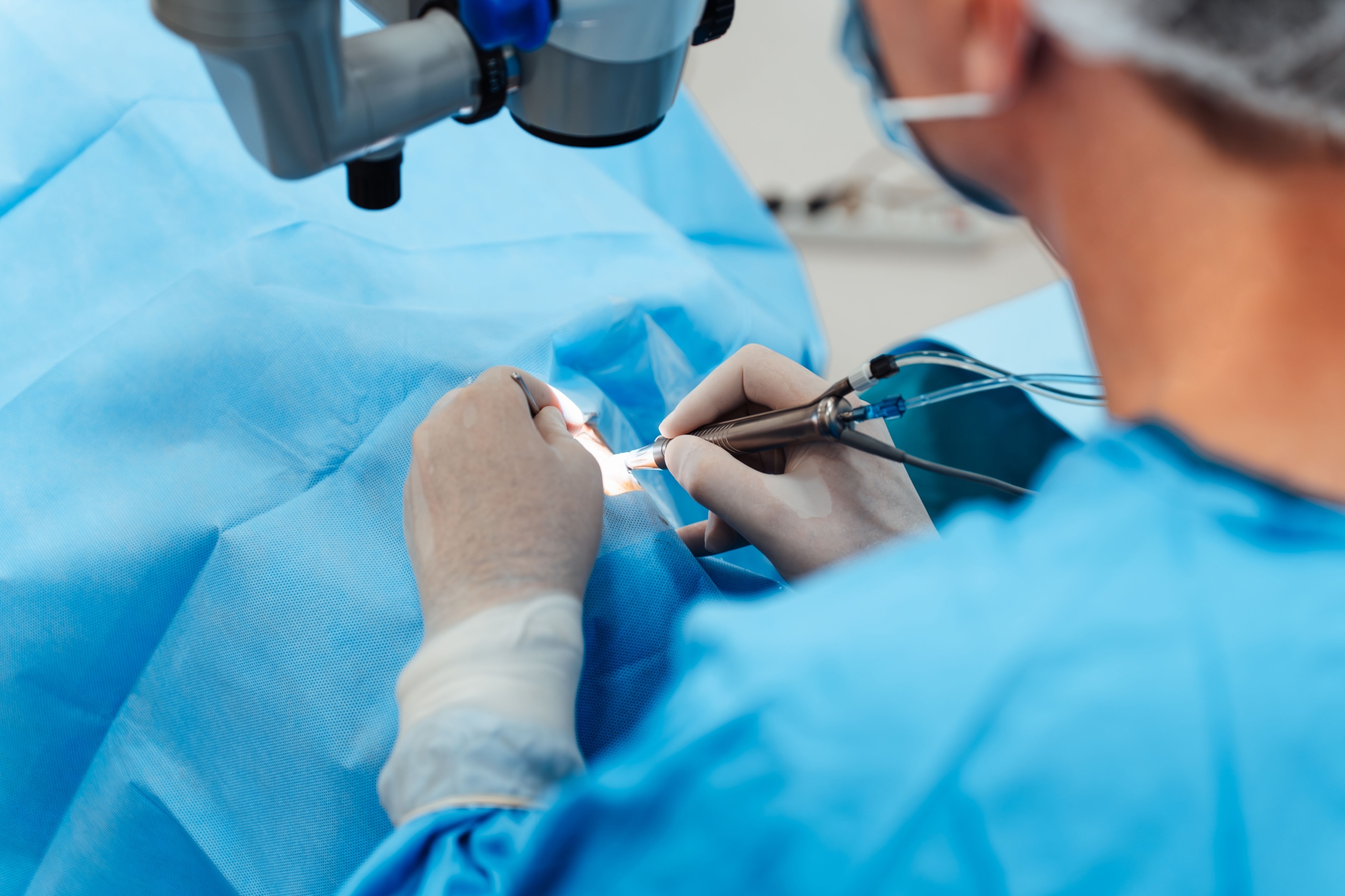- Cataracts
- April 2025
Can Cataracts Return After Surgery?
Cataracts are a common eye condition that affects millions of people worldwide, often leading to blurry vision and other visual impairments. If you’ve undergone cataract surgery, you might wonder: Can cataracts come back? The short answer is no—cataracts cannot return once they’ve been surgically removed. However, there’s more to the story. Let’s explore this topic… Continue reading Can Cataracts Return After Surgery?
READ BLOG





